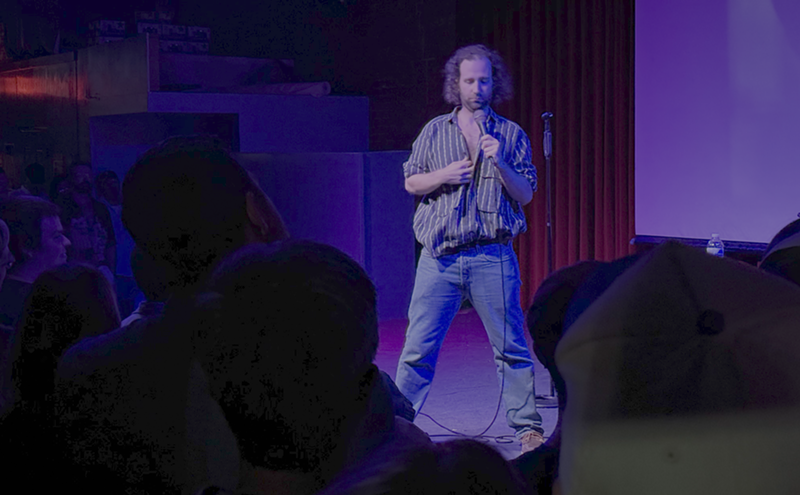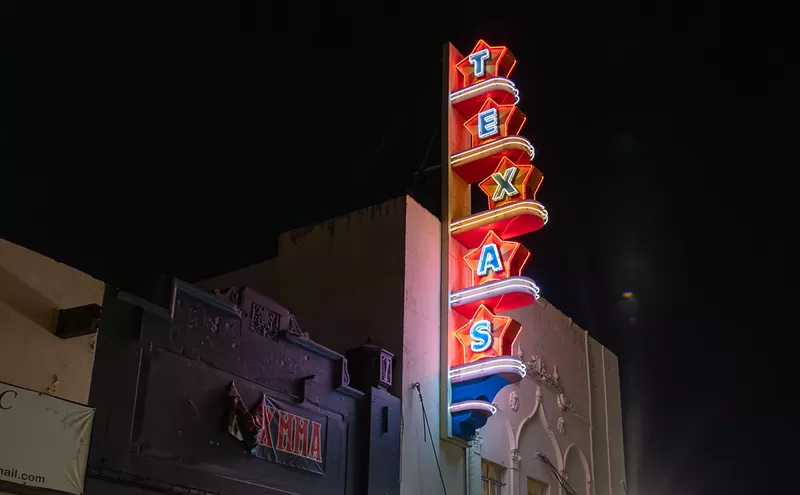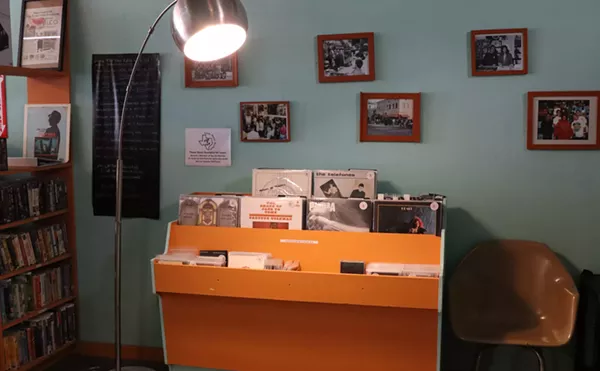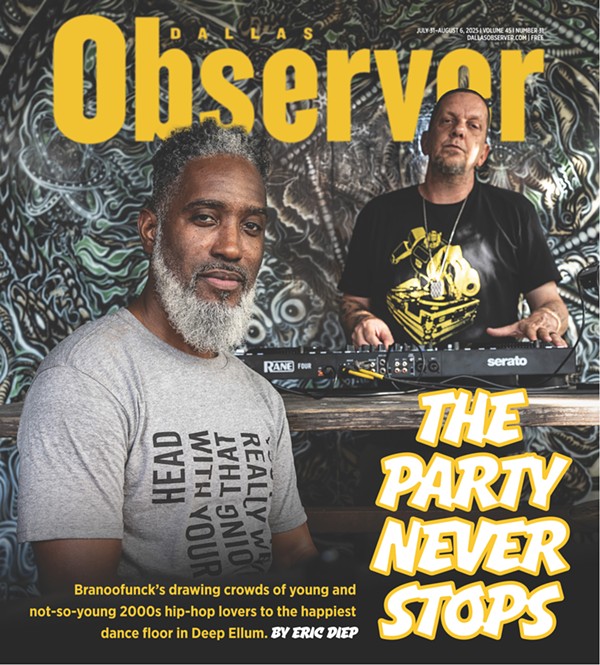It takes a certain genius for a film director to intentionally use surreally garish colors, hyper-stylized sets and goofy/serious plot entanglements to reflect a realistic humanity. This is exactly what the Spanish director Pedro Almodóvar has done for almost 35 years. Though he's made films since 1974, Almodóvar first made a splash stateside with his cult hit Women on the Verge of a Nervous Breakdown, the sometimes hilarious, sometimes touching saga of a Spanish soap opera star. Besides introducing Antonio Banderas to an American audience (Banderas was, back then, actually not a douchebag), the movie showed us Almodóvar's penchant for nailing the pain and beauty of being a human being. La Mala Educación (Bad Education), Almodóvar's release before last year's hit Volver, may be his most complex: It's clearly a noir-y homage to Hitchcock, but with a number of twists. Cross-dressing men, sordid sex, sweet sex, love, murder and the Catholic church all mix and tumble throughout a plot mixed with flashbacks and sudden turns. Catch the NC-17 flick at the Latino Cultural Center, 2600 Live Oak St., 2 p.m. Saturday for free. Call 214-671-0045 or visit dallasculture.org/latinocc.
Sat., Aug. 18

Audio By Carbonatix
[
{
"name": "GPT - Billboard - Slot Inline - Content - Labeled - No Desktop",
"component": "21721571",
"insertPoint": "2",
"requiredCountToDisplay": "2"
},{
"name": "STN Player - Float - Mobile Only ",
"component": "21861991",
"insertPoint": "2",
"requiredCountToDisplay": "2"
},{
"name": "Editor Picks",
"component": "17105533",
"insertPoint": "4",
"requiredCountToDisplay": "1"
},{
"name": "Inline Links",
"component": "18349797",
"insertPoint": "8th",
"startingPoint": 8,
"requiredCountToDisplay": "7",
"maxInsertions": 25
},{
"name": "GPT - 2x Rectangles Desktop, Tower on Mobile - Labeled",
"component": "22608066",
"insertPoint": "8th",
"startingPoint": 8,
"requiredCountToDisplay": "7",
"maxInsertions": 25
},{
"name": "Inline Links",
"component": "18349797",
"insertPoint": "8th",
"startingPoint": 12,
"requiredCountToDisplay": "11",
"maxInsertions": 25
},{
"name": "GPT - Leaderboard to Tower - Slot Auto-select - Labeled",
"component": "17357520",
"insertPoint": "8th",
"startingPoint": 12,
"requiredCountToDisplay": "11",
"maxInsertions": 25
}
]











